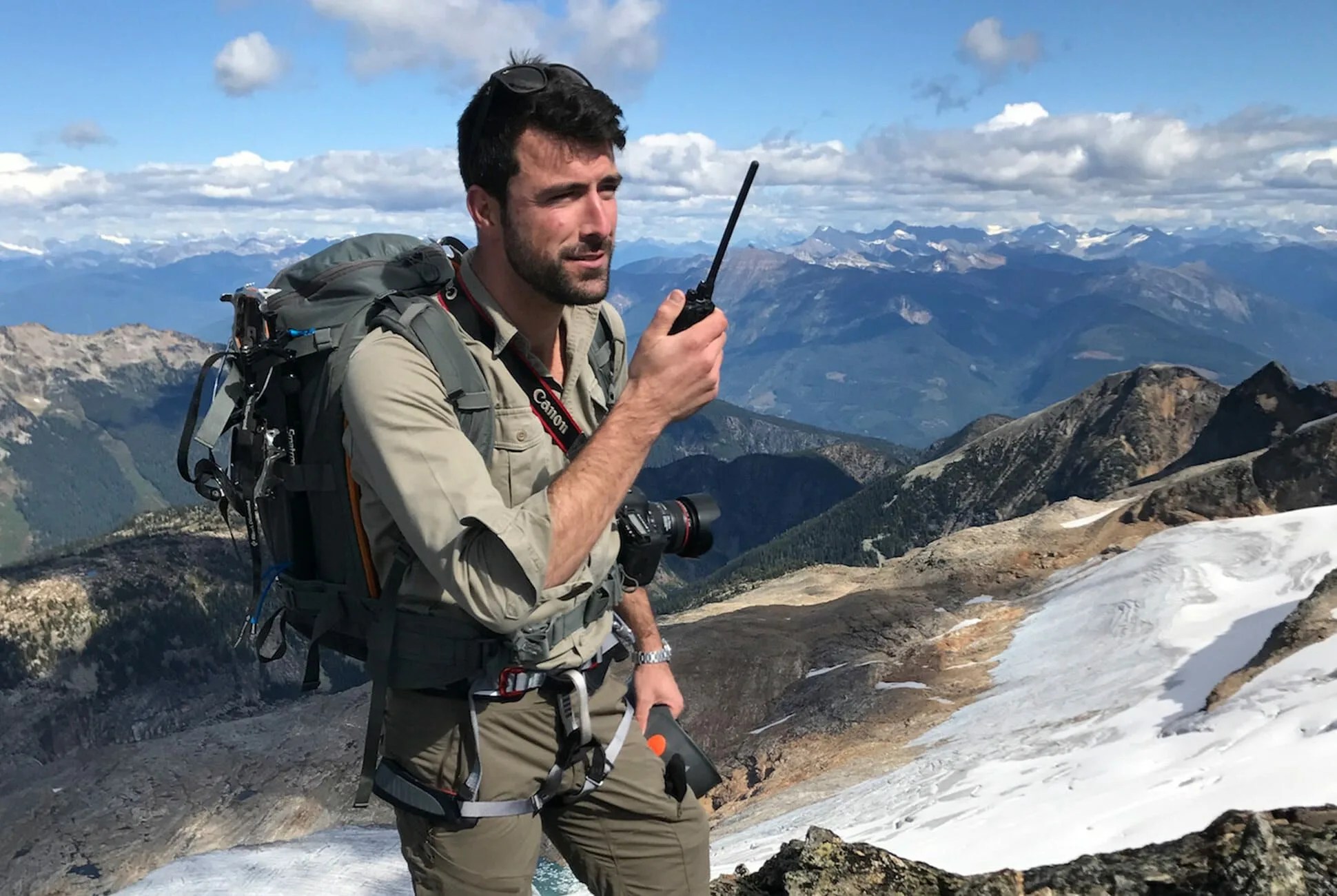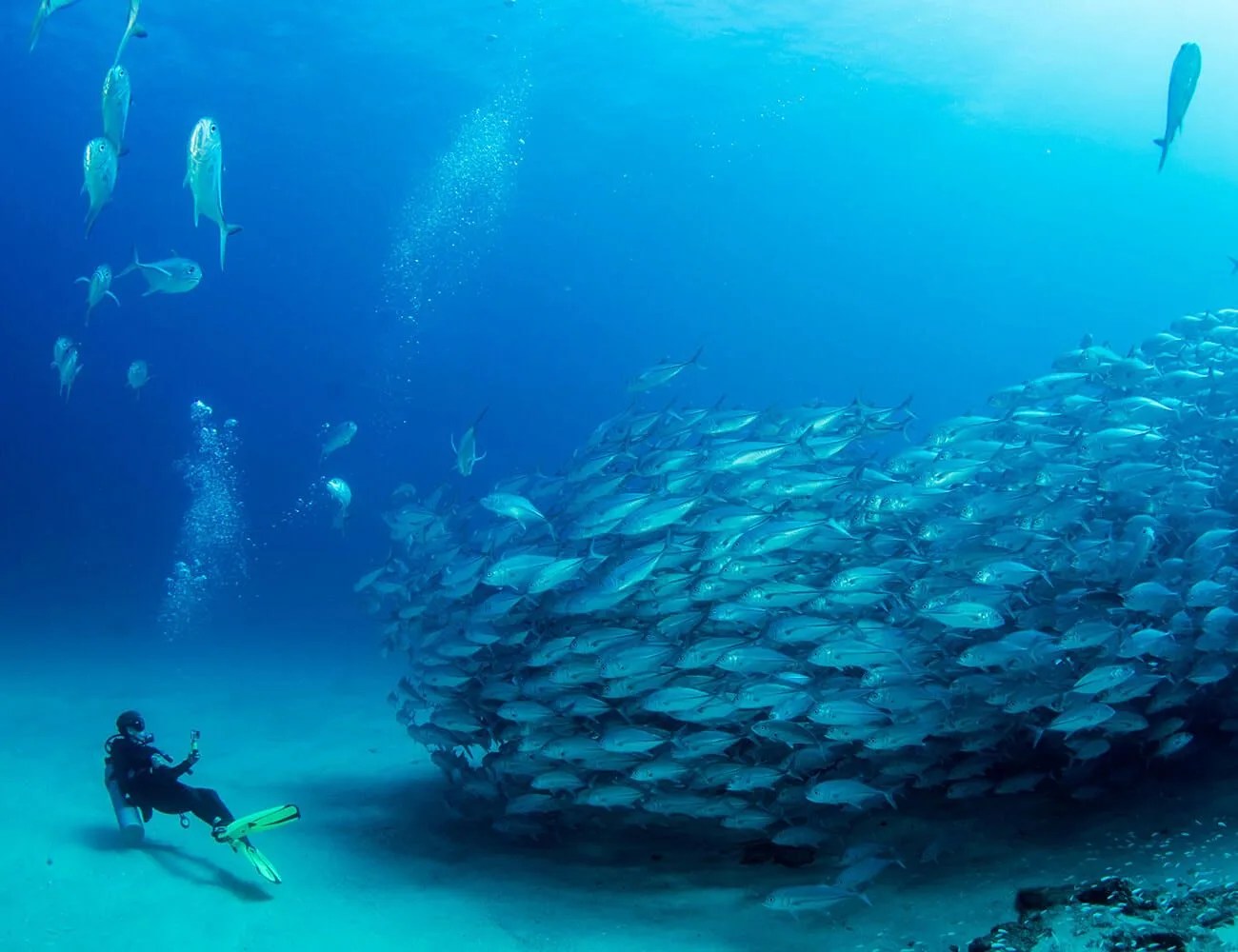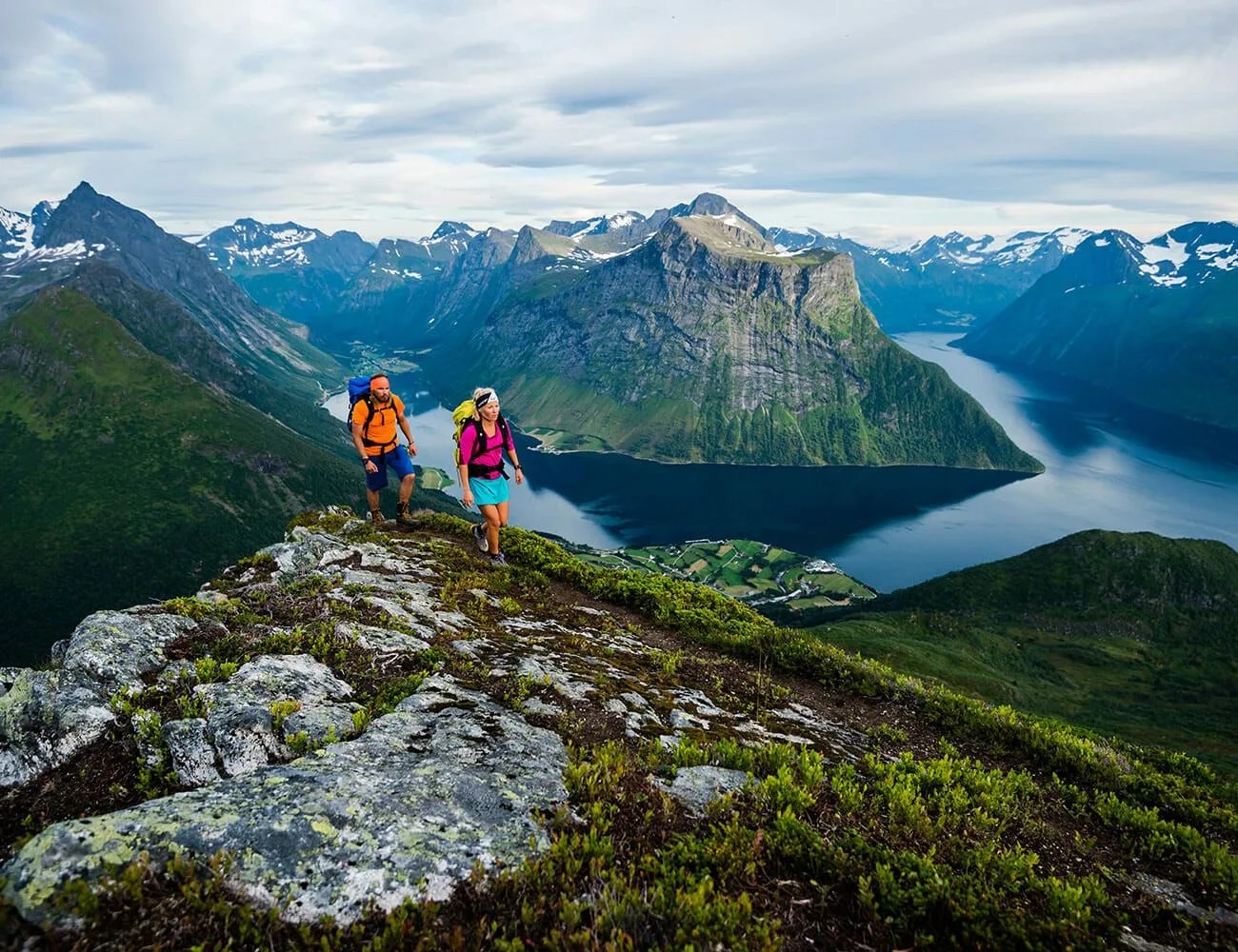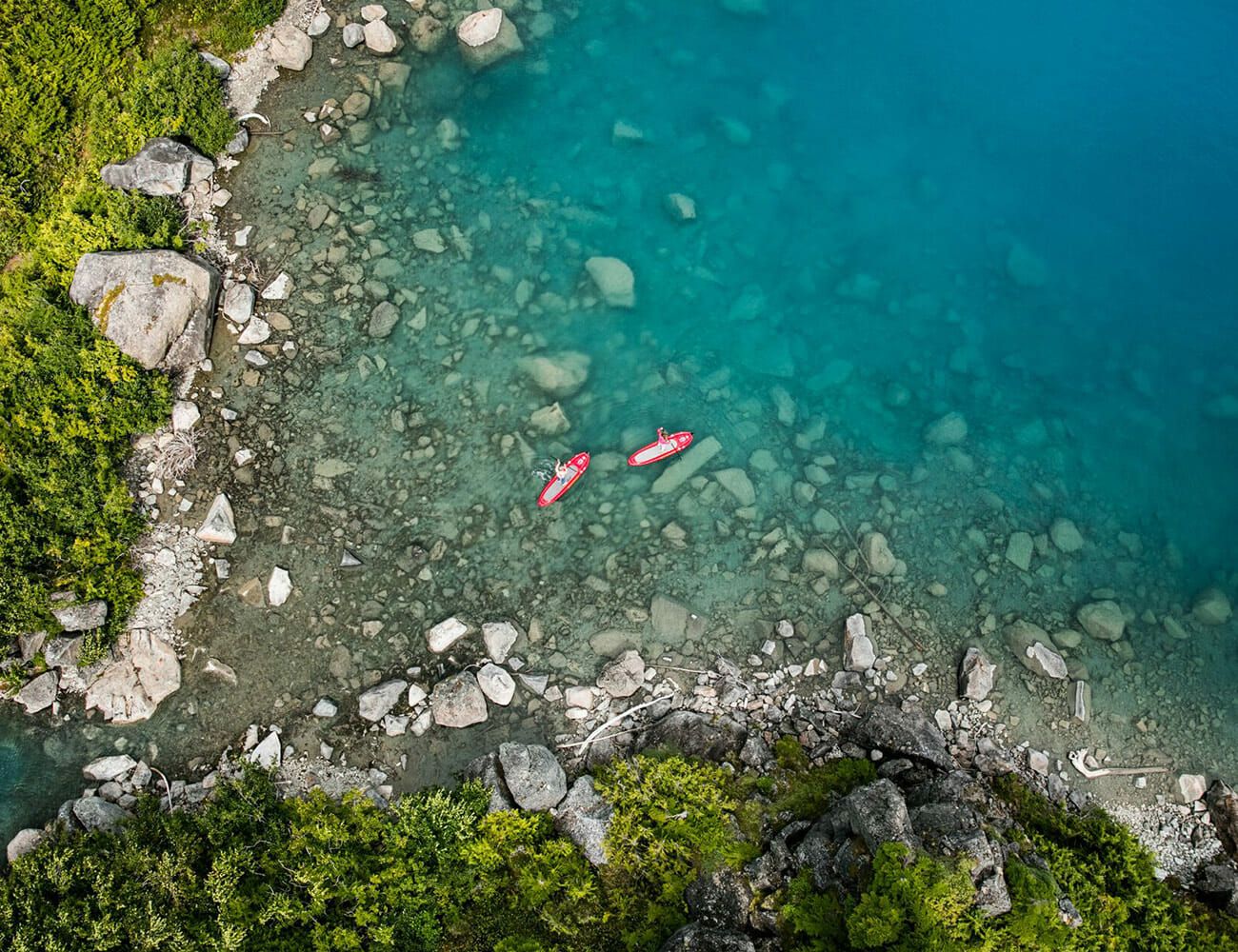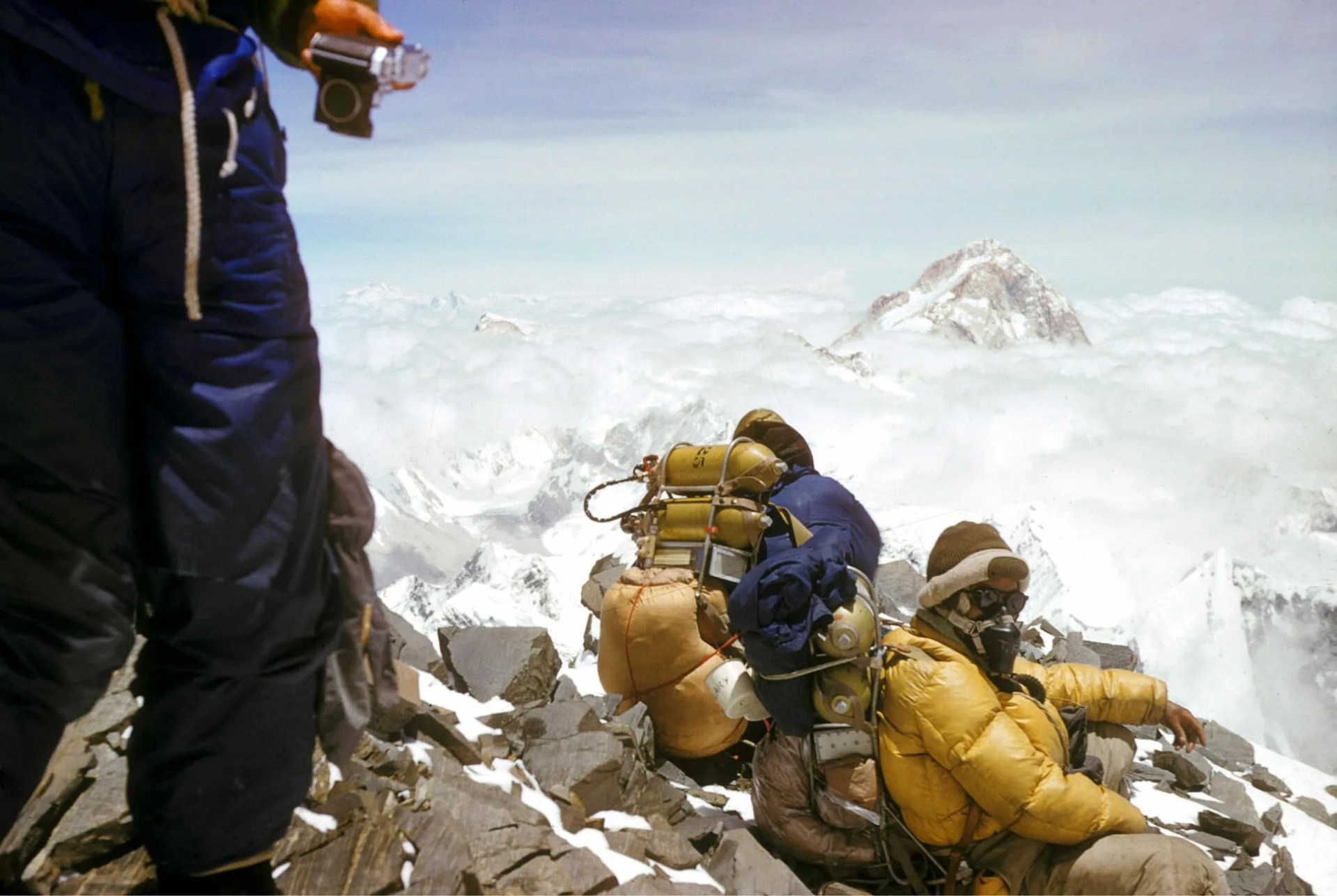The days of following a set itinerary you found in a guidebook are gone. With documentaries, YouTube vlogs and social media unveiling never-before-seen parts of the world to the masses, even travel companies are catering mostly to globetrotters choosing destinations based on once-in-a-lifetime opportunities, according to data from Expedia. And Pelorus — named for the navigational tool used to maintain the bearing of a sea vessel back in the golden era of travel and discovery — is one of the leaders in the experiential travel market for the super-rich.
Co-founders Geordie Mackay-Lewis and Jimmy Carroll plan their trips — whether that’s diving at the incredible reefs within the Dhalak Archipelago off the coast of Eritrea or heli-skiing the volcanoes in Kamchatka on the western edge of Siberia — with military precision. The duo draws on their unique experience as captains in a British Army reconnaissance regiment to provide adventurers with incomparable experiences in the most epic destinations.
Mackay-Lewis says he and Carroll vet every element of a trip themselves, traveling to the ends of the earth in the name of research — and Mackay-Lewis is still doing it in the Altberg Jungle boots that saw him through two tours in Afghanistan. While scoping out new destinations, you’ll also find him roughing it with a Gerber Mini Knife (likely tied to his shoe or the back of his pants), a Inmarsat satellite phone (for peace of mind), a Sony a7 III camera (to capture the memories), Bose noise-canceling headphones (“to block out everything from screaming kids on airplanes to a bus full of Bolivian locals and chickens”), and an Anker battery pack (“so I know I can totally veer off the grid”), in his pack. Pelorus trips, though, are planned with every comfort in mind (they’re aimed at the super-rich, starting at $30,000).
What sets Pelorus apart is their emphasis on prioritizing experiences over destinations — and building trips from scratch using a global network of local experts. But “anyone, with or without budget, can avoid defaulting to guidebooks and mass travel companies,” says Mackay-Lewis. Here are his best tips for planning a priceless vacation you’ll never find in a guidebook.
1. Nail Down What You Want From Your Vacation
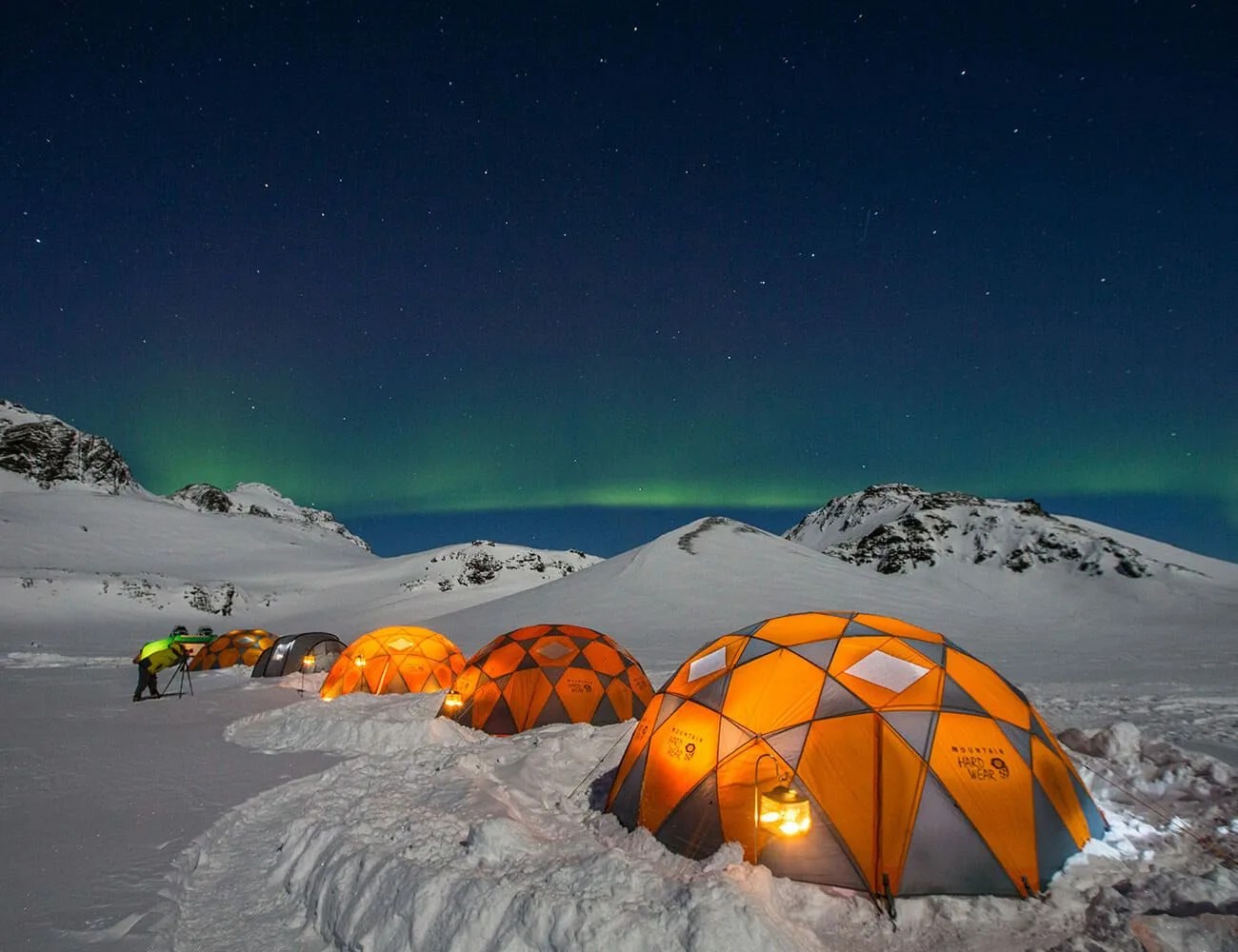
The traditional travel method is a) find amazing hotel b) plan itinerary around it. “But once you do that, you’re only going to experience what’s in the direct vicinity of that place; you’re never going to get a really authentic experience,” says Mackay-Lewis.
